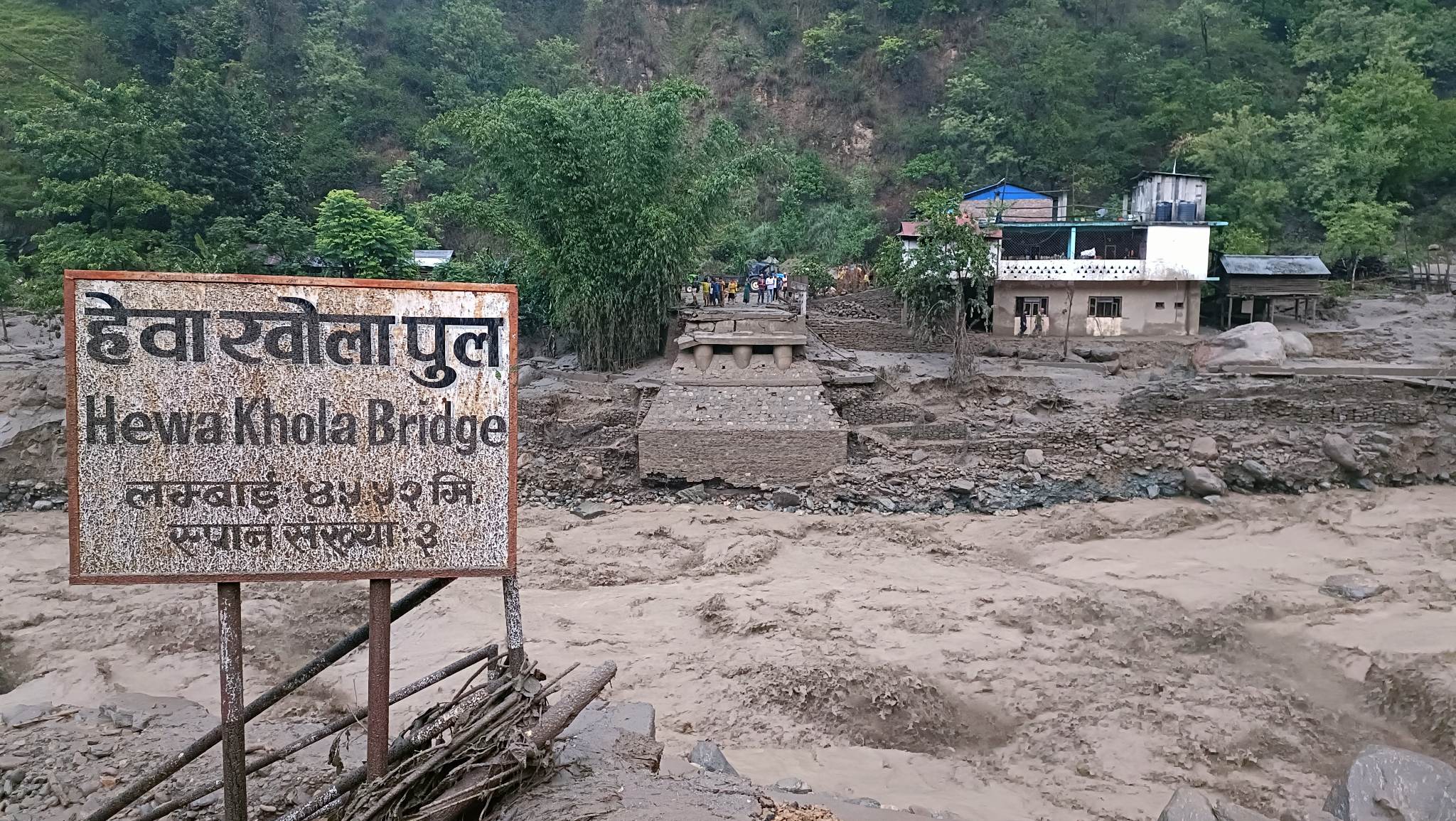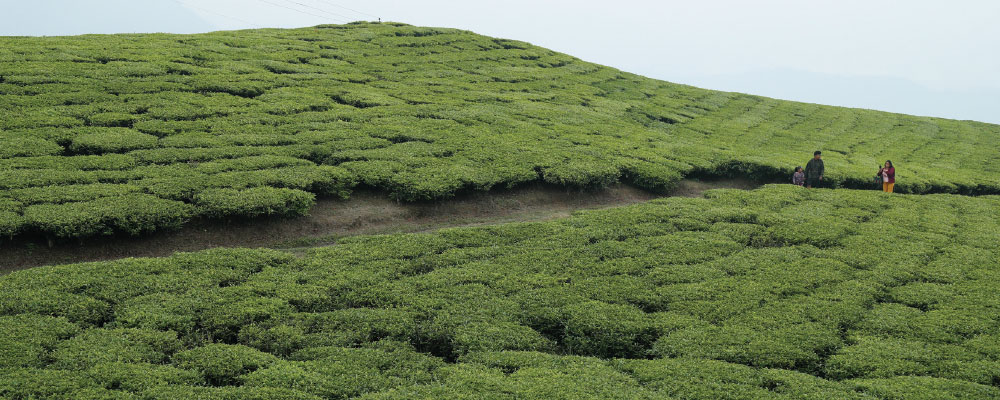Globe not on track to achieve Zero Hunger by 2030: 2020 GHI report

RSS, LALITPUR — The globe is not on track to achieve Zero Hunger by deadline, 2030, according to the 2020 GHI (Global Hunger Index) report published in Lalitpur amid a function on Wednesday.
The GHI are based on the values of four component indicators, undernourishment (share of the population with insufficient caloric intake), child stunting (share of children under aged five who have low height for their age, reflecting acute under-nutrition), child wasting (share of children under aged five who are low weighed for their height, reflecting chronic under-nutrition) and child mortality (mortality rate of children under aged five, partly reflecting the fatal mix of inadequate nutrition and unhealthy environments).
Based on the values of the four component indicators, the GHI defines hunger on a 100-point scale where 0 being the best possible score (nil hunger) and 100 being the worst. For the GHI report, data were accessed for 132 countries provided by various respective agencies under the United Nations.
According to the report, 690 million people across the globe were being affected by starvation and 135 million people were suffering from malnutrition. At present, the GHI is 18.2, which is relatively progressive as compared to 2000, but it needs much progress. More than 50 countries were still suffering from starvation. Over 140 million children have low height for their age as a result of malnutrition whereas 40.7 million children were suffering from malnutrition. In 2018, 5.3 million children died before 5 as a result of malnutrition.
Nepal however has done satisfactory work in the GHI. Out of 107 countries, Nepal has been in 73th position. The country has climbed to 19.5 in the GHI until 2020, a big jump from 37.4 in 2000. Nepal has been ranked medium position in the GHI after going through risky and serious situation.
Covid-19 pandemic, conflict, poverty, inequality and climate change among others are blamed for countries suffering from starvation.

















Facebook Comments